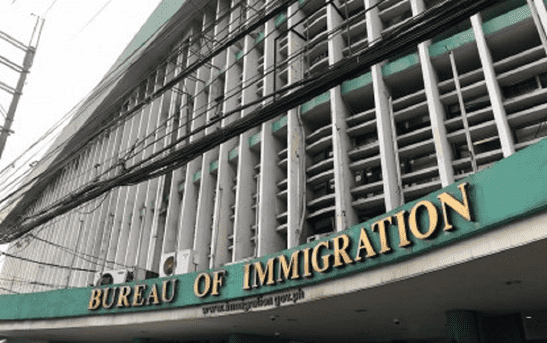With its pristine beaches, English-speaking locals, and affordable lifestyle, the Philippines is an attractive destination for many international investors. But one of the most common questions is: Is foreign land ownership in the Philippines allowed?
Can Foreigners Buy Real Property?
The 1987 Philippine Constitution sets clear limits on foreign ownership of land. Here’s a breakdown of the key points:
- Land Ownership Restrictions: Article XII, Section 7 restricts land ownership to Filipino citizens or corporations/partnerships with at least 60% Filipino ownership.
- Condominium Ownership: Foreigners can own condominium units if the project is at least 60% Filipino-owned, making investing in condos a popular choice in cities like Manila, Cebu, and Davao.
- Long-Term Leases: Foreigners can lease land for up to 50 years, renewable for another 25 years, offering a flexible alternative to ownership.
- Marriage to a Filipino Citizen: A foreigner married to a Filipino can buy land titled solely in the Filipino spouse’s name, though legal safeguards are present.
- Corporate Ownership: Foreigners can form a corporation with up to 40% foreign ownership in the Philippines to purchase land, but this involves compliance with local business laws.
So yes, foreigners can own property in the Philippines, although there are certain limitations. Condominium ownership is the least restricted option, usually requiring no special permit, making it a popular choice among foreign investors.
What Can You Do with Your Property?
Once a foreign national acquires property, such as a condo or leased land, they have multiple options for its use:
- Personal Residence: Use the property as a primary home, vacation retreat, or retirement haven, leveraging the Philippines’ tropical allure. However, you will still need a visa and other legal documents to reside legally within the country.
- Rental Income: Rent condos in high-demand areas like Makati or Bonifacio Global City for strong returns from professionals or expatriates.
- Commercial Development: Develop leased land for businesses like resorts, cafes, or offices, subject to zoning and investment laws.
- Mixed Use: Combine personal use (e.g., part-time residence) with rental income during unused periods, such as through Airbnb.
How to Live in or Manage Your Property?
While you can purchase condominium units or lease land with few restrictions, you will likely need a visa and other legal documents to live in or manage your property properly.
To live in the property, you may need:
- Special Resident Retiree’s Visa (SRRV): Available for those 35 and older, offering an indefinite stay with multiple-entry privileges, ideal for retirees.
- Tourist Visa: Allows stays of up to a few months (up to 36 months with extensions), suitable for short-term or part-time residents.
- Special Investor’s Resident Visa (SIRV): For investors with at least $75,000 in a Philippine business or project, granting residency.
- Work Visas (e.g., 9-G Visa): For foreigners employed or running businesses in the Philippines, tied to specific job contracts.
To manage your property, consider:
- Manage Directly: Become a long-term resident in the Philippines and manage your properties in person.
- Local Property Managers: Hire professional firms in urban or tourist areas to handle tenant screening, rent collection, and maintenance.
- Trusted Local Partners: Work with a Filipino co-owner or local contact to oversee property operations, especially for leased land.
- Remote Management: Use platforms like Airbnb for short-term rentals or engage local real estate agents for long-term leases.
- Legal Oversight: Retain a local attorney to ensure compliance with tax laws, homeowner association rules, and lease agreements.
Regular property visits or virtual check-ins can help maintain oversight, especially for income-generating properties.
Can a Foreigner Buy Property in Philippines
Foreign nationals can own property in the Philippines, though limitations exist. They can purchase condominium units with few restrictions, but can only buy land through a corporation with at least 60% Filipino ownership. Alternatively, they can also access property through long-term lease agreements. Foreigners who wish to live in their property need the appropriate visa and are encouraged to work with local Filipinos to help manage and maintain their investment.
Do You Need Assistance Getting A Visa to Live in the Philippines?
Let Work Visa Philippines guide you through the process. Our experienced lawyers help you obtain a suitable visa, special permit (if applicable), and other legal documents from the appropriate government agencies. We’ll make sure you’re fully compliant so you can focus on enjoying your stay in the Philippines.
Reach out today, and we’ll guide you every step of the way.
- Contact Us Here
- Fill Out the Form Below
- Call us at +63 (02) 8540-9623





